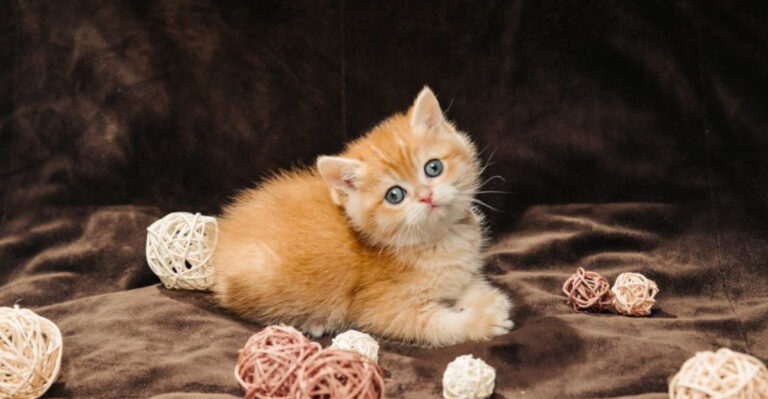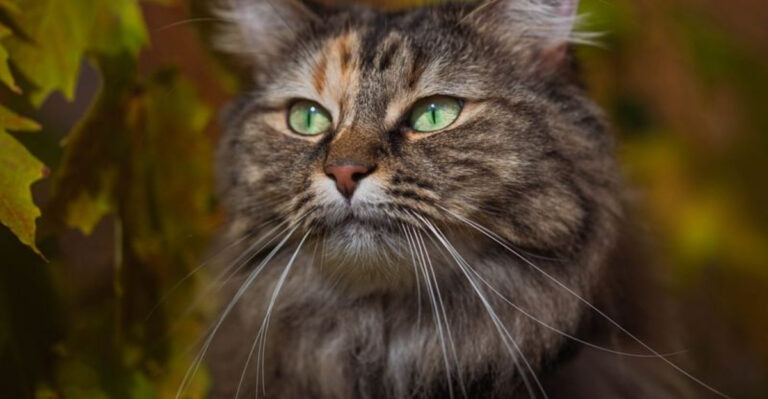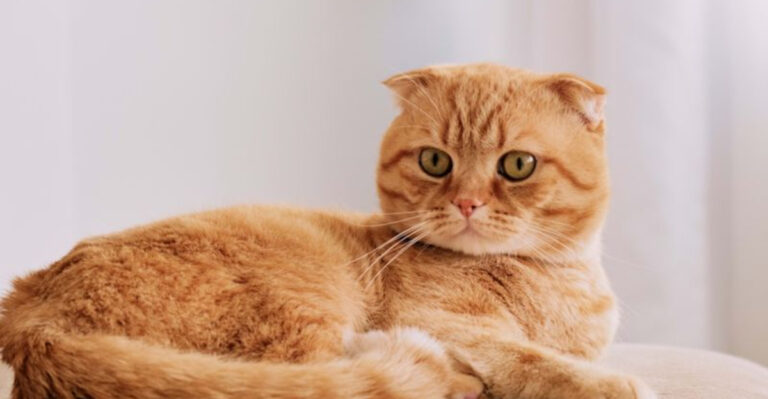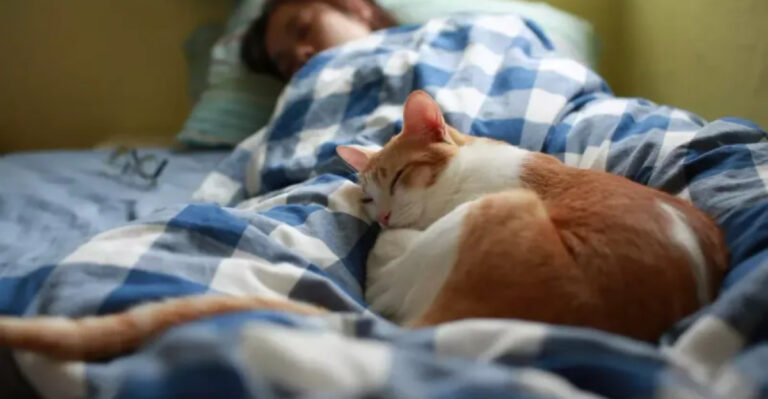7 Pros And Cons Of Owning A Cockatiel
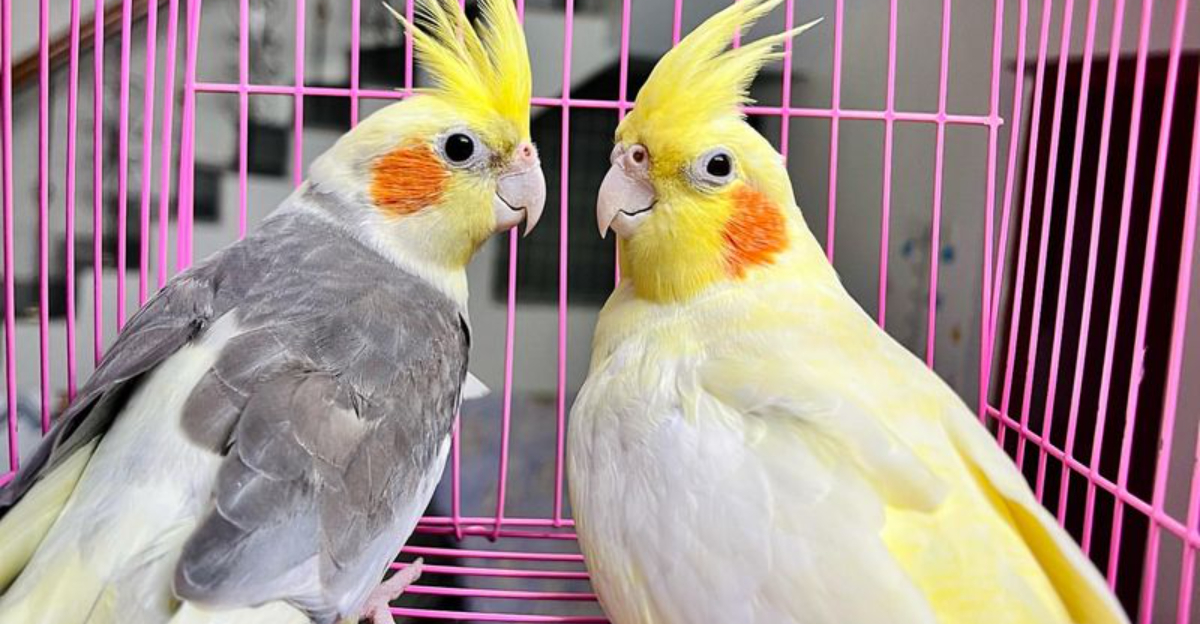
Having a cockatiel as a pet can be a really enjoyable experience, bringing cheerful mornings and loving connections.
These small birds are loved for their lively characters and are generally easier to take care of than many other exotic birds.
Still, like any pet, they have their own unique challenges and joys. Today, we’ll dive into the various aspects of owning a cockatiel, looking at both the pros and cons to help you decide if it’s the right choice for you.
1. Companionship And Affection
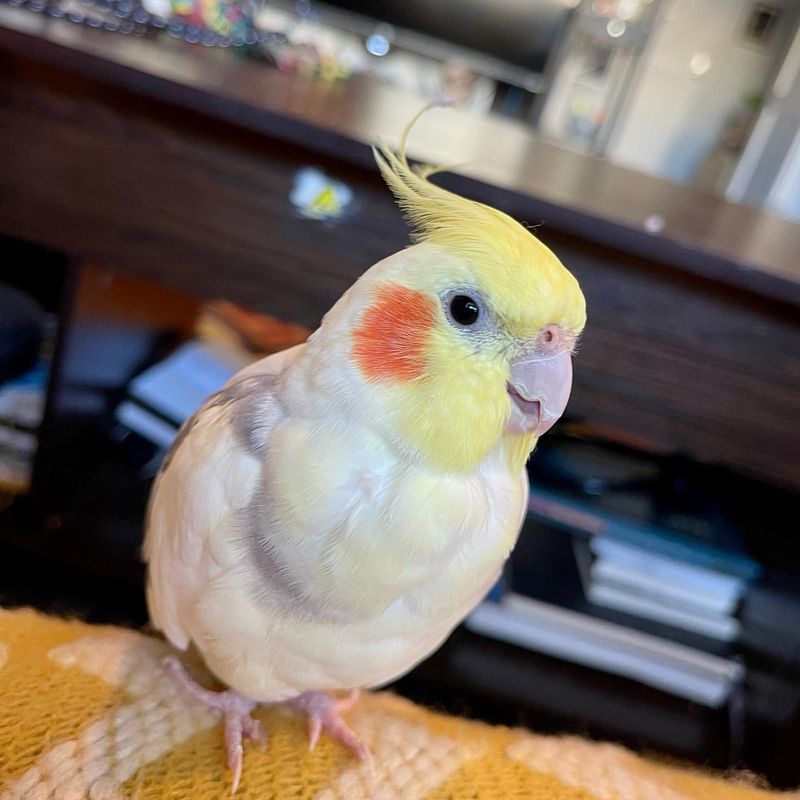
Owning a cockatiel offers a unique companionship that can brighten your day. These birds are known for their affectionate nature and enjoy spending time with their human families.
You’ll often find your cockatiel perched on your shoulder or chirping along to your favorite songs. This bond can be incredibly rewarding, providing a sense of connection and joy.
Cockatiels have a knack for lifting your spirits with their playful antics and endearing personalities. They can even learn to mimic words and sounds, adding an element of fun to your interactions.
However, it’s important to note that this level of affection requires time and attention. Cockatiels are social creatures and can become lonely or stressed if left alone for long periods.
Ensuring you have enough time to devote to their companionship is crucial for their well-being and happiness.
2. Dietary Needs
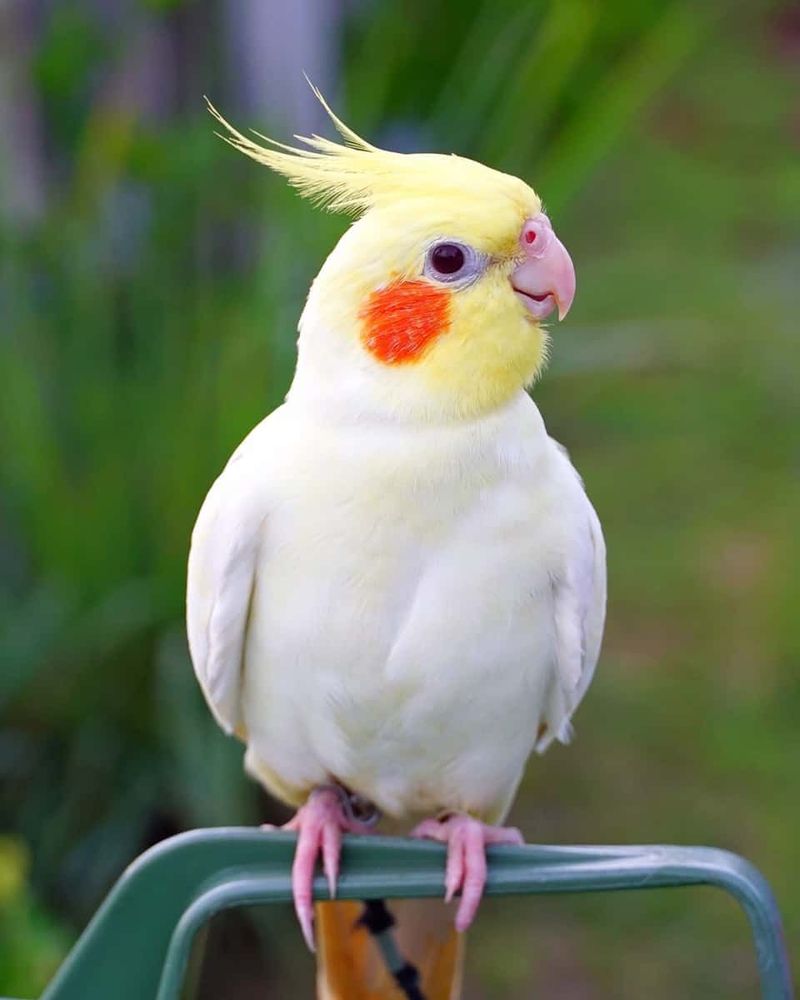
Cockatiels have specific dietary needs that must be met to ensure their health and longevity. A balanced diet for these birds includes a variety of seeds, fruits, vegetables, and specialized pellets.
It’s crucial to provide fresh water and change their food regularly to maintain their well-being. A well-nourished cockatiel will showcase vibrant plumage and energetic behavior, making dietary care a rewarding aspect of pet ownership.
However, ensuring a varied diet can be time-consuming, as you’ll need to frequently shop for fresh produce and monitor their intake closely.
Moreover, some foods are toxic to cockatiels, such as chocolate and avocado, requiring vigilance to avoid accidental ingestion.
3. Noise Levels
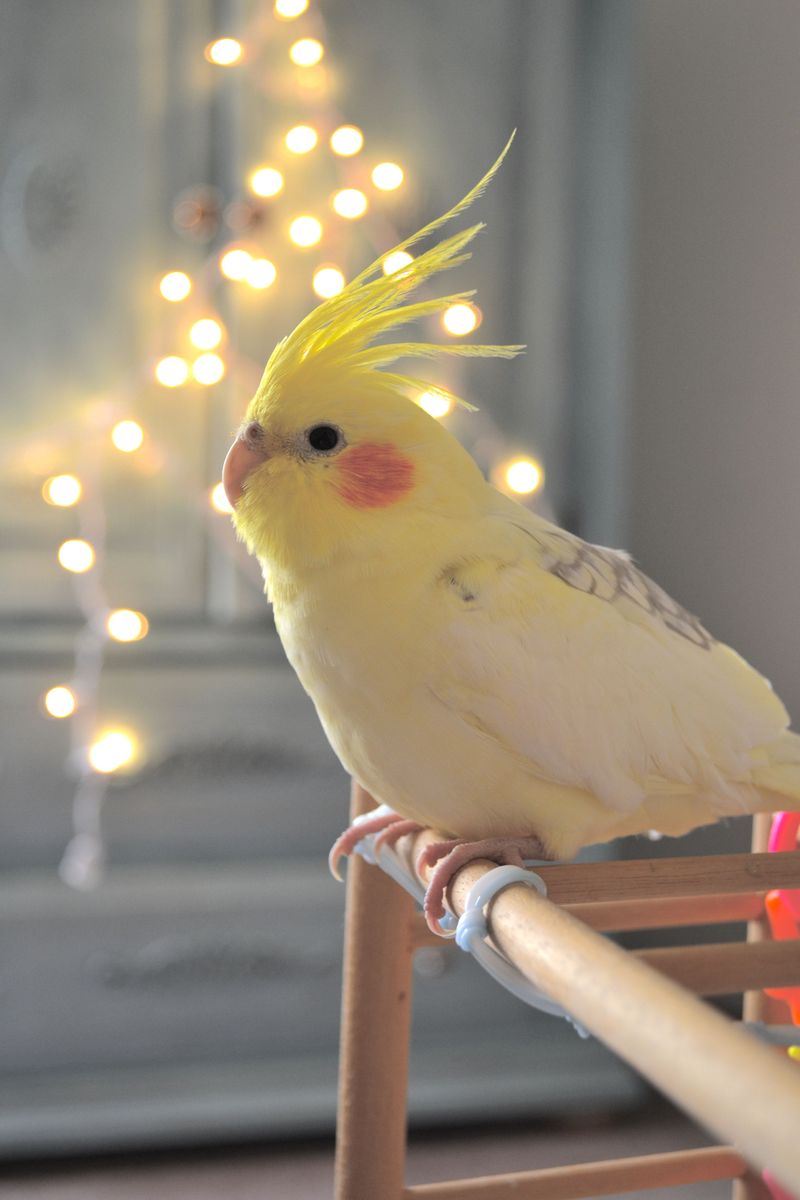
Cockatiels are known for their vocal nature, which is both a pro and a con depending on your living situation. Their cheerful chirping can fill your home with delightful sounds, often mimicking tunes they’ve heard.
Many owners cherish this feature, enjoying the lively atmosphere these birds create. However, cockatiels can also be quite noisy, especially during dawn and dusk when they are most active.
If you live in an apartment or have noise-sensitive neighbors, this could pose a challenge. It’s important to consider whether their vocal tendencies fit your lifestyle.
Training can help manage excessive noise, but patience is required. Understanding their vocal habits and preparing for noise management is vital for harmonious living with a cockatiel.
4. Lifespan And Commitment
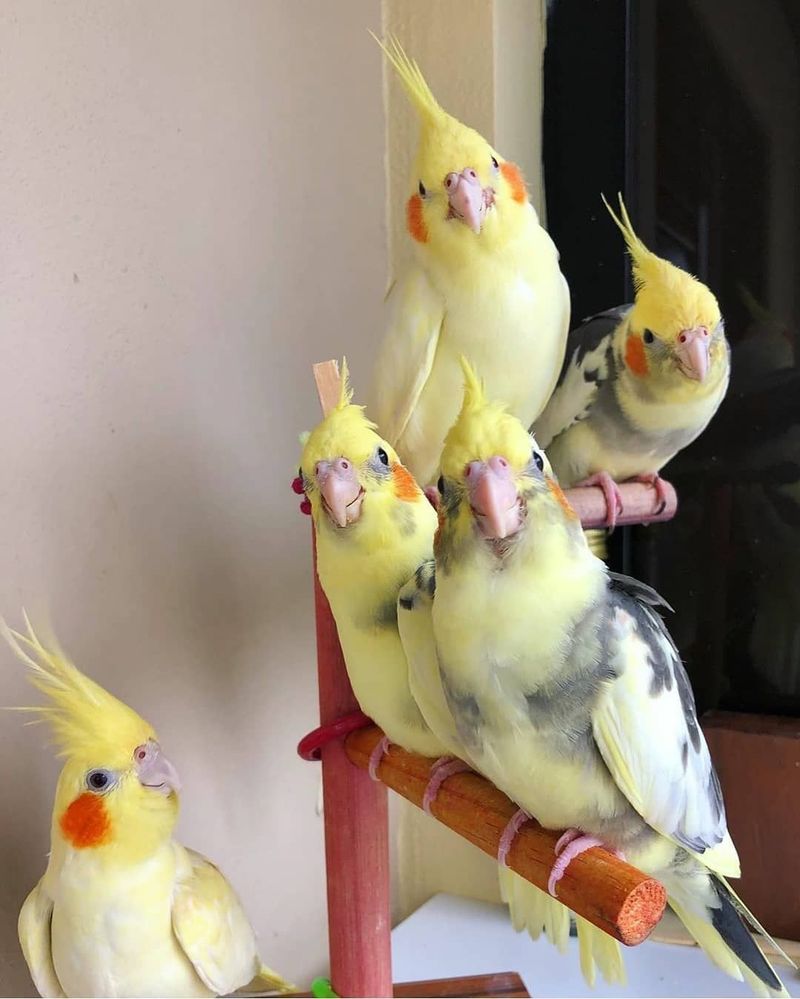
Cockatiels have a relatively long lifespan for birds, often living 15 to 20 years with proper care. This longevity means that owning a cockatiel is a long-term commitment, requiring thoughtful consideration before bringing one into your home.
For many, this is a positive aspect, as it allows for a deep, lasting bond to develop over the years. You’ll witness your pet’s growth and personality unfold, creating cherished memories.
However, this commitment also demands consistency in care and attention throughout their life. Potential owners should be prepared for the long haul, understanding that their cockatiel will be a part of their family for many years.
Planning for their future care, especially during life changes, is essential for their continued happiness and health.
5. Space Requirements
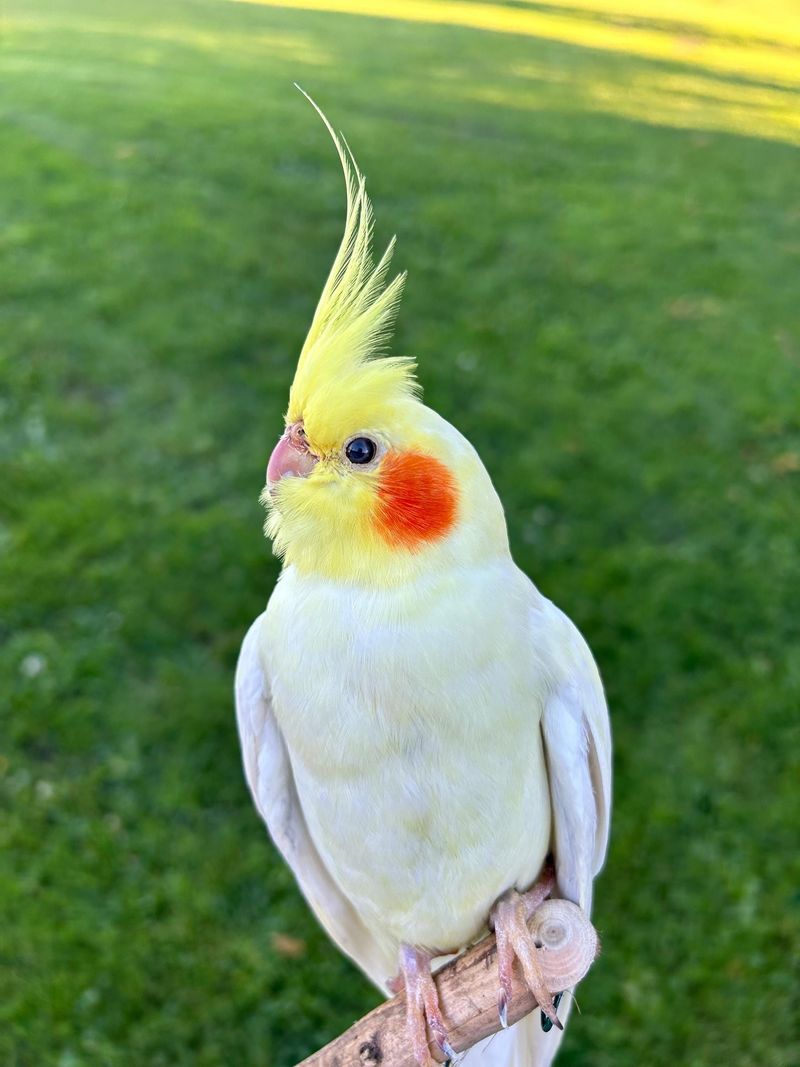
Cockatiels require adequate space to thrive, both inside and outside their cages. A spacious cage with toys, perches, and room to stretch their wings is essential for their mental and physical health.
Beyond the cage, they benefit from time spent exploring outside, which means you’ll need to bird-proof your home. A dedicated space for your cockatiel can enhance their quality of life, providing opportunities for exercise and mental stimulation.
However, this requirement can be challenging in smaller living spaces, necessitating creative arrangements to ensure their comfort.
It’s important to assess your living environment and ensure you can provide the space needed for your cockatiel to lead a fulfilling life. Proper planning for their spatial needs is a key aspect of responsible ownership.
6. Health And Vet Care
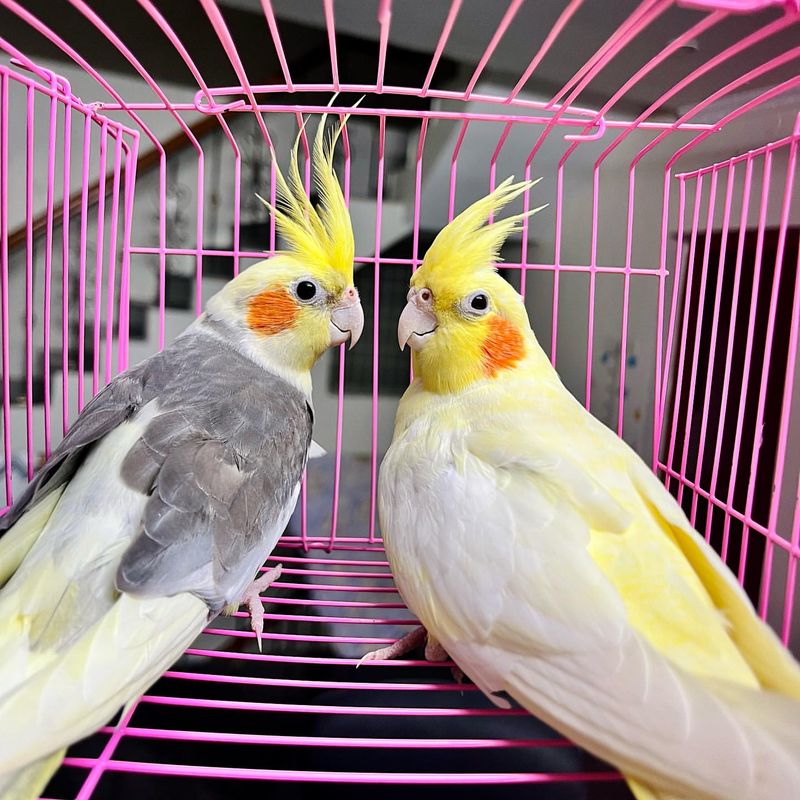
Regular health check-ups are essential for cockatiels, ensuring they remain vibrant and healthy. Routine visits to an avian vet can help catch potential issues early, promoting long-term wellness.
Cockatiels are generally hardy birds, but they do have specific health needs that require attention. Ensuring they have a clean living environment, a balanced diet, and regular social interaction can prevent many health issues.
However, avian vet care can be costly and may not be readily available in all areas, posing a challenge for some owners.
Understanding the potential health concerns and the need for regular vet visits is important for anyone considering a cockatiel. Being prepared for both the routine and unexpected health needs will ensure your feathered friend stays healthy and happy.
7. Training And Socialization
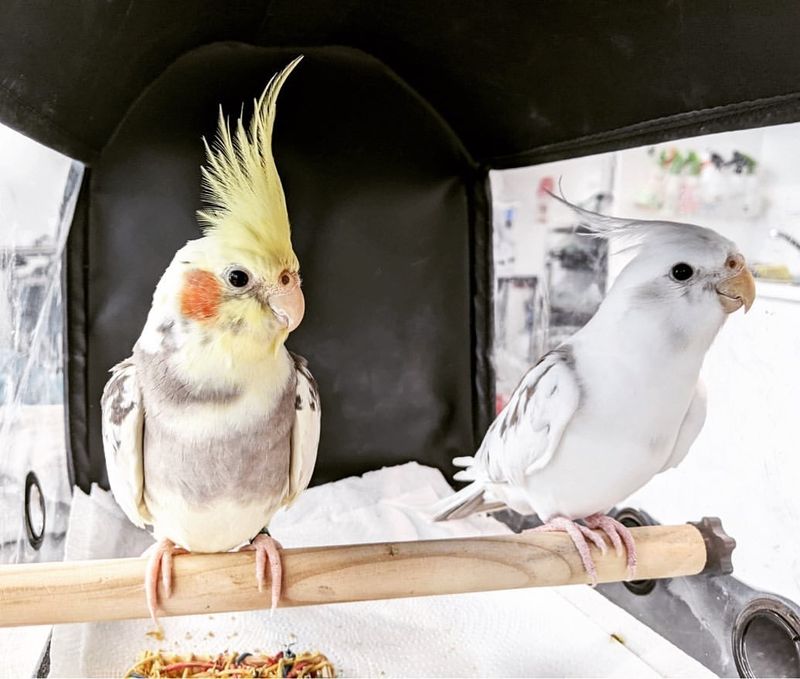
Training and socializing a cockatiel can be a rewarding experience, offering both challenges and benefits. These intelligent birds are capable of learning various tricks and commands, enhancing your interaction with them.
Teaching them to perch on your hand or mimic sounds can be particularly enjoyable. However, training requires patience and consistency, as cockatiels each have unique personalities and learning paces. Positive reinforcement and regular sessions are crucial to effective training.
Socialization is equally important, helping them feel comfortable around people and other pets. A well-trained and socialized cockatiel can be a joy to have, contributing to a lively and interactive home environment.
Prospective owners should consider the time and effort needed for training, ensuring they are prepared for this engaging aspect of cockatiel ownership.

